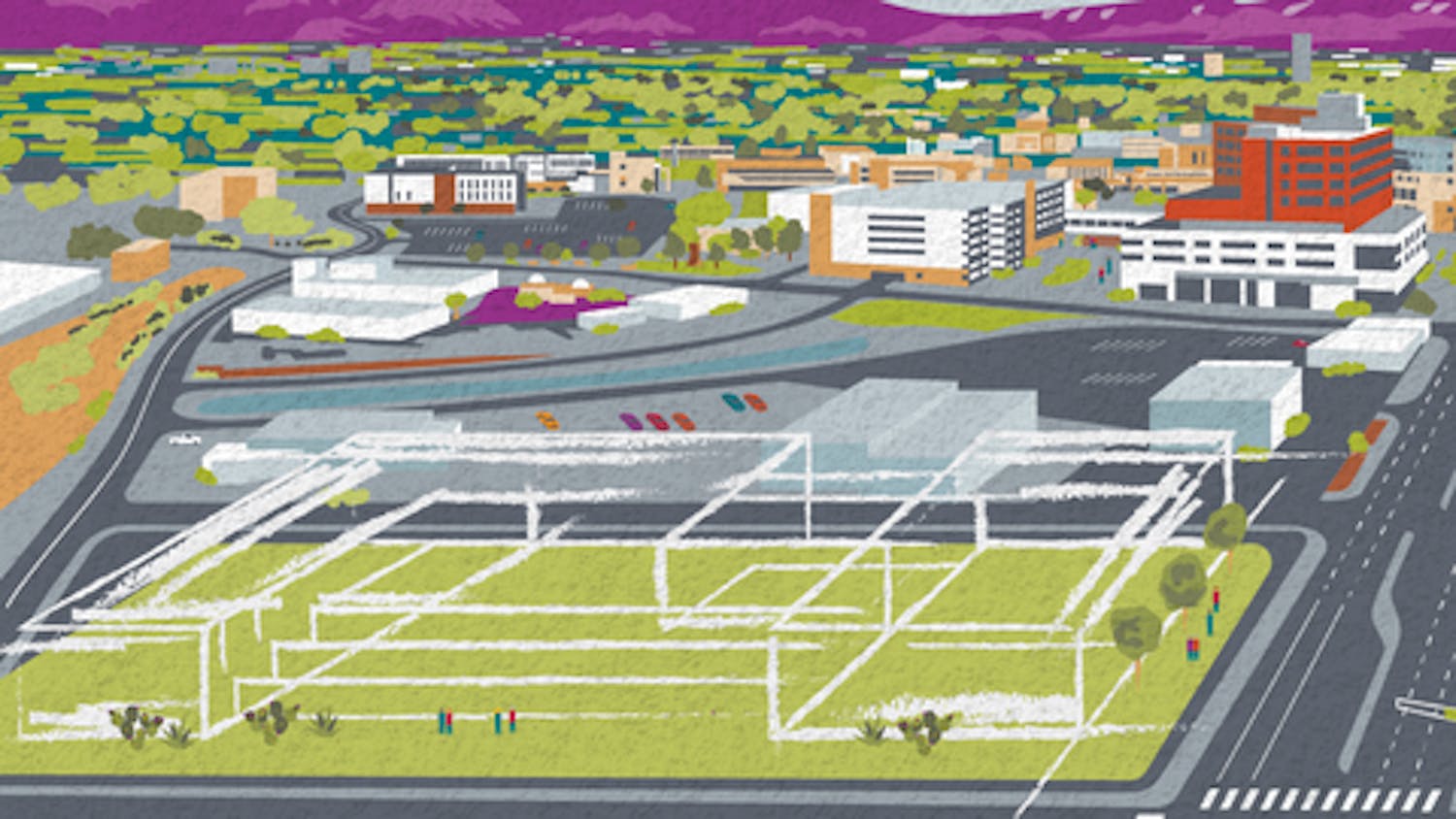The chairman of the UNM Computer Sciences Department has been awarded two grants from the National Science Foundation totaling more than $750,000 to help fund research for testing and information encryption.
Deepak Kapur will use a $401,523 grant to continue working on software that tests computer chips for possible bugs. The program, which Kapur said he has been working on since the mid-1980s, uses a method called automated reasoning to verify whether a computer chip design will work as planned - which could reduce the need for time-consuming and expensive testing of the chip after it has been produced.
"This puts UNM in the top institutions working in automated reasoning," Kapur said. "It also provides opportunities for graduate students and post-docs to work on programs of significant interest to the industry."
Kapur said he first became interested in applying his automated reasoning research to the testing of chips in 1996 when a professor using a computer with an Intel Pentium chip noticed a bug in the chip's division component - the part that does millions of mathematics divisions per second. The bug made his graphics program produce weird results, Kapur said.
"Pretty soon people were talking," he said. "He wrote to Intel, at first they refused to believe it, and said it would only happen one in 10 million times. This guy managed to have it happen very often."
Intel eventually acknowledged the bug and initiated a recall, which was estimated to have cost the company more than $500 million. Intel never said how much they lost in the recall, Kapur said.
Get content from The Daily Lobo delivered to your inbox
"When I found out, I thought, `We have the technologies and tools that could detect and fix a bug like that,'" he said.
Chip makers such as Intel and AMD continue to run tests on every factor of a chip - which in some cases may number more than all the atoms in the universe, Kapur said. The software he has been developing could reduce that to one proof of the chip's capability.
"The idea is if you're trying to prove something for a 256-bit chip, instead of testing all the bit factors, you try to make a test for all chips of any size within a specific design," he said.
Kapur said the chip testing software could play a key role in cost-effective development of chips for everyday devices such as washing machines, watches and pacemakers, as well as computer systems.
"Chips are getting more and more complicated, the testing will still be there, but it's getting more and more difficult," he said. "So we have to develop other techniques to ensure they'll work."
Another foundation grant of $360,000 will be split between computer science departments at two other schools and will fund research into what Kapur called algorithms for semantic unification - equations that can that aid the debugging of software used to encrypt sensitive information to be sent over the Internet.
Professors at Clarkson University in Pottsdam, N.Y., and the State University of New York at Albany, N.Y., will collaborate with Kapur to develop algorithms, or mathematical formulas, that can be applied to cryptographic protocols.
The term cryptographic protocols refers to the technology that allows sensitive information such as credit card or social security numbers to be sent over the Internet in a code form thereby preventing someone from illegally using them.
Once entered into a Web site, such information is encoded, often by applying some exponential factor to each number, then broken up and sent to another location.
When it arrives, special software is needed to decode the information and put it back together again. Semantic unification algorithms can be used to debug both encryption and decryption software.
"Once it gets there, you have to have a key to decode it," he said. "We're developing algorithms that will help it."





